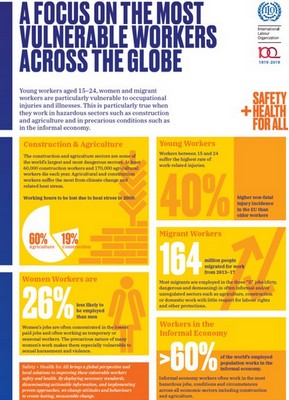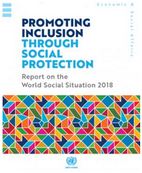Linking the Local to the Global – Women’s Rights & Public Services
Direct Link to Full 44-Page ActionAid 2021 Publication:
linking_global_to_local_imf_gender_actionaid_explainer.pdf
Public services are very important for promoting gender equality and ensuring women can enjoy their human rights, especially young women from poor communities, such as those living in informal settlements or small-holder farmers. For example, access to clean water and sanitation, such as toilets and somewhere to wash, are essential to the rights to health and dignity. Women and girls are much more responsible for housework, collecting and preparing food and water, and caring for children and other family members (known as ‘unpaid care and domestic work’ or UCDW). Every day, such unpaid care work takes up a lot of women and girls’ time and energy. This means they have less time do paid work, to go to school, participate in community decision-making, or even to have a rest and some fun with friends. Being able to access good quality public services, such as public transport to move around town, childcare and health clinics can reduce the burden of care and free up women’s time. However, most women living in poor communities find that public services are difficult to access, expensive and poor quality. And yet, rather than making investments in more public services a priority, very often the IMF advises governments to reduce spending or to allow the services to be run by a private service provider (called ‘privatisation’). These cuts and privatisation can make services more difficult to access for women. This in turn can cause their unpaid care work to increase.
Извор: WUNRN



